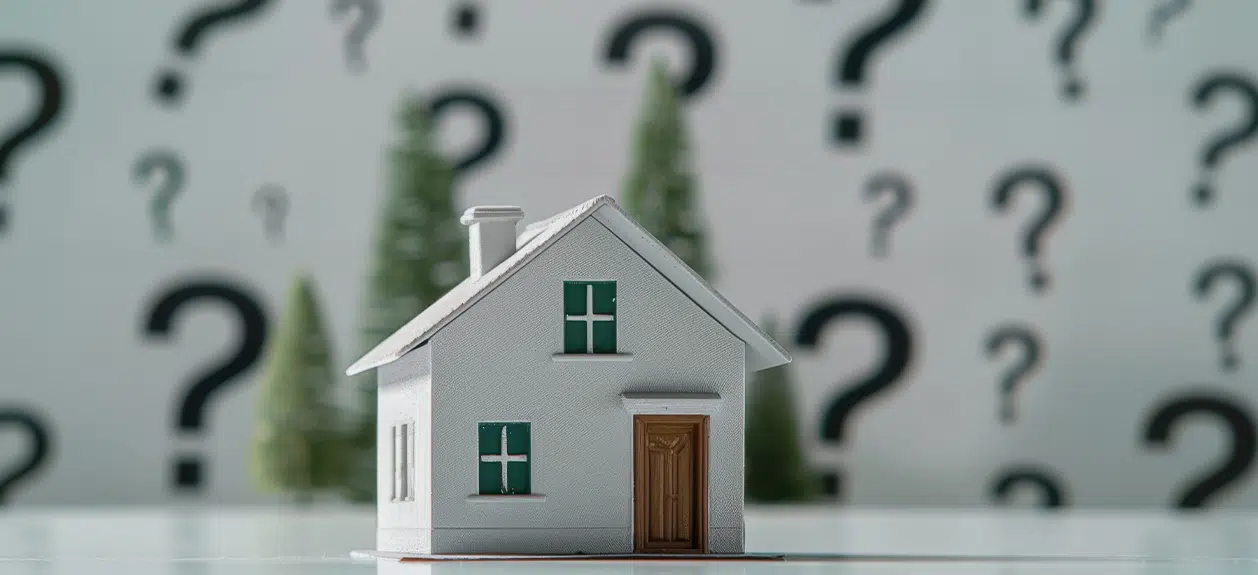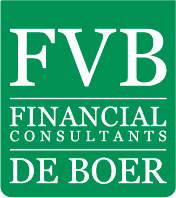
Buying a Home in the Netherlands: FAQs
One of the things that keeps me busy as a financial advisor is answering questions from clients and potential clients, particularly about the pitfalls of buying a home in the Netherlands.
I’ve been in this business since 1998 and it is surprising how many of the issues which were important to expats back then are still in the spotlight. So here is a round-up of some of the main things you ask on a regular basis.
How much can I borrow?
It sounds like a simple question, but in reality it can be very complicated, particularly if you are an expat in the Netherlands. This is why we don’t provide an online mortgage calculator, like many other advisors do. Online calculators, for example, don’t include other sources of income, such as commission or end-of-year bonuses. They also don’t take the impact of the 30% ruling into account.
That’s why we like to meet our potential clients face to face first, so we can get all the information about their finances down on paper and give you a proper estimate – not only of how much you can borrow but how much your outgoings will be every month. That means you know exactly where you stand as well.
What type of mortgage should I go for?
There are lots of different types of mortgage in the Netherlands but only two which entitle you to deduct your interest payments partly from tax.
A linear mortgage involves a monthly payment based on dividing the loan amount by the number of payments you will make. The debt and interest payments decrease over time until the mortgage is fully paid off at the end of the term. An annuity mortgage, also known as a repayment mortgage, is a type of home loan in which the borrower pays a fixed monthly amount that includes both interest and repayment of the principal.
As regards which is best for you, that again is something to discuss directly with your mortgage advisor.
What does a mortgage offer involve? What paperwork do you need?
When you first meet your Dutch mortgage advisor, they will go through all the things that you need to apply for a mortgage in the Netherlands.
But if you want to start getting ready, you need to sort out an employers statement – werkgeversverklaring – which outlines the terms of your employment contract. You’ll need a salary slip showing your gross and net salary, a copy of your passport and residency permit and recent bank statements. You may also need to provide proof of any additional assets that you have.
Banks may also require additional information, depending on your own personal situation. If you are self-employed, for example, you’ll need to provide copies of your company accounts going back three years.
Should I care about the VvE?
Very much so! When you buy an apartment in the Netherlands, one of the monthly payments you will have to make will be to the VvE – the Vereniging van Eigenaren or the home owners association.
The VvE represents the interests of all the owners in a property or block. So, if you live in an apartment, you and the other owners will be members of the VvE. A big property may have 10, 20 or even 100 owners, a smaller one just two or three.
If you live in a detached or terraced home everything – be it the foundations, the roof or dealing with the dead tree in the garden – is up to you. But if you live in an apartment you technically own a share in the building. And that means the roof and the foundations are shared by all the owners – and that they are all responsible for the costs of repairs to the exterior and communal areas of the property as well.
It is really important to check out who is running the VvE and how much money is in its reserves. If the reserves are big enough, you won’t be called on to make a sudden investment if something needs doing. Your estate agent can help you look into this.
Is it sensible to buy a new build as an expat?
There are all sorts of reasons why buying a new home in the Netherlands can make sense. The downside of buying a newly built home is that you have to wait for it to be finished, and that can take months, if not years. So, you will need to live somewhere else in the meantime.
On the other hand, there are some distinct financial advantages. You don’t have to pay property transfer tax (overdrachtsbelasting) as you do on an existing house, and the bank will lend up to 100% of the market value, so you don’t need much in the way of savings either.
In terms of costs, you only have to pay your mortgage advisor and part of the legal fees – for the mortgage but not the buying part, which is covered by the developer.
There are other benefits too. For example, you can often design the bathroom and kitchen to your own taste, and of course, you will get at least an A+ energy label, or even an energy-neutral home, so your electricity bills will be minimal.
Will I ever find a house to call my own?
It is easy to forget that every year, thousands of people in the Netherlands buy a home of their own or move to a new one, despite rising house prices, changes in interest rates, and the shortage of property in general.
According to the Dutch land registry office, 17,622 homes changed hands in September, a rise of almost 10% on the same month last year. In the first nine months of this year, a total of 146,530 homes found a new owner. So, there is every reason to be optimistic that you can be a happy home buyer in the near future as well!


